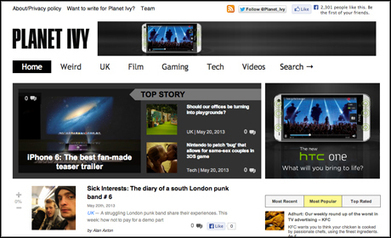On his many failed experiments, Thomas Edison once said,
"I have learned fifty thousand ways it cannot be done and therefore I am fifty thousand times nearer the final successful experiment."
Elsewhere, we have dug into the data on startups that died (as well as those acquihired) and found they usually die 20 months after raising financing and after having raised about $1.3 million.
So we thought it would be useful to see how startup founders and investors describe their failures. While not exactly “50,000 ways it cannot be done,” below is a compilation of startup post-mortems that describe the factors that drove a startup’s demise.
Most of the failures have been told by the company’s founders, but in a few cases, we did find a couple from competitors, early employees, or investors including Roger Ehrenberg (now of IA Ventures) and Bruce Booth (Atlas Venture). They are in no particular order, and there is something to learn from each and every one of them....



 Your new post is loading...
Your new post is loading...










A compilation of startup failure post-mortems by founders and investors. No survivorship bias here.
A compilation of startup failure post-mortems by founders and investors. No survivorship bias here.
A compilation of startup failure post-mortems by founders and investors. No survivorship bias here.